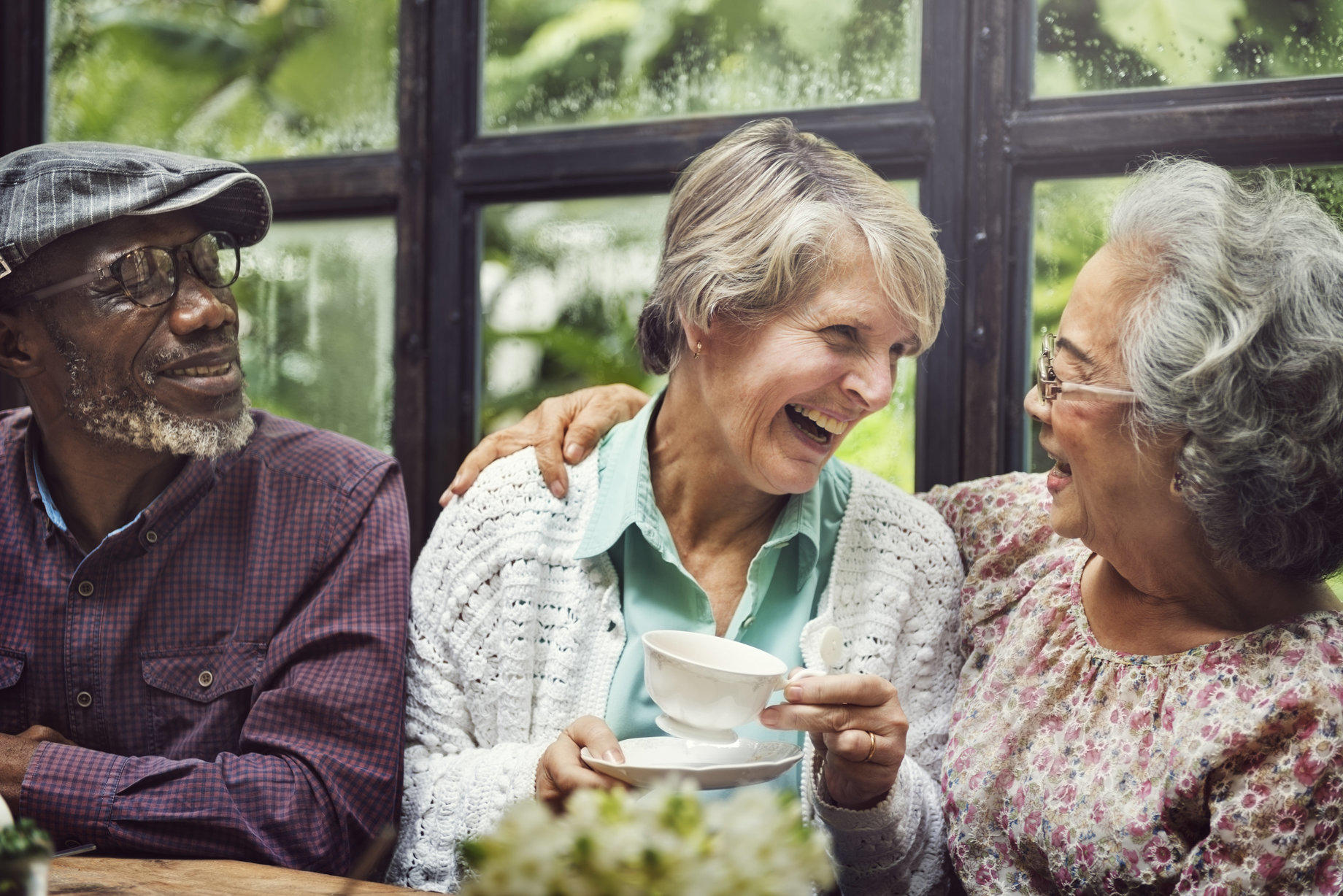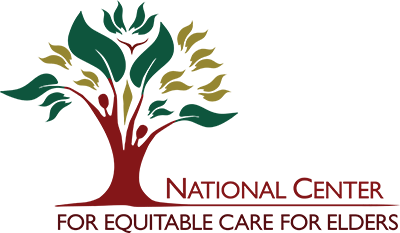 As we age, our worlds change: our bodies and physical limitations, our social environments, our families and friends, and even the words others use to describe us transform our identities. These changes can – and often do – take an emotional toll. “Not only the loss of a spouse or children, but also an older adult’s own loss in terms of physical health and functionality,” said McLean Hospital Senior Clinical Team Manager Joan Gillis. “Maybe they’re facing not being able to drive again or they can’t live at home any longer. Having to cross names off of a holiday list, where every year the list gets smaller.”
As we age, our worlds change: our bodies and physical limitations, our social environments, our families and friends, and even the words others use to describe us transform our identities. These changes can – and often do – take an emotional toll. “Not only the loss of a spouse or children, but also an older adult’s own loss in terms of physical health and functionality,” said McLean Hospital Senior Clinical Team Manager Joan Gillis. “Maybe they’re facing not being able to drive again or they can’t live at home any longer. Having to cross names off of a holiday list, where every year the list gets smaller.”
Chronic health conditions, the transition to retirement, and sleep impairment are among the common experiences that clinicians see in their older adult patients. According to Dr. Julie Brody Magid, Clinical Director of Memory Disorders Assessment Clinic at McLean Hospital, there are also common traits among those who age gracefully.
“I see patients with a strong history of depression and loss, but they’re bolstered by maintaining participation in things that keep them afloat,” she explained. “Singing in choir, going to the gym, joining a book club, volunteering in the community. Intellectual stimulation, social contact, physical activity, and creativity are all really helpful for mitigating depression and cognitive impairment. People are invested in being enriched.”
According to Dr. Brody Magid, exercise, social contact, and having meaningful daily activities linked to underlying values and interests help to enhance overall well-being as older adults transition into advanced age. “Exercise is our number one recommendation, even for those who haven’t historically exercised,” Dr. Brody Magid said.
Educating patients about the benefits of exercise for their heart and brain health aids in motivating them to incorporate movement into their lives. “If you don’t have a good reason, you won’t change health behavior,” Dr. Brody Magid said. “I try to find what people are most inclined to do. If they have been athletic in the past, we try to figure how to do an adaptive version of what they enjoy. How can we help them modify what they’ve done in the past to fit their current physical needs?”
Being mindful of language is another key aspect to a healthy sense of self: Using terms like senior to describe older adults, Gillis noted, is a common complaint among her patients. In fact, Gillis said her patients are more likely to go to a location with neutral language, such as a community recreation center, than a senior center.
As she reflected on the traits among those who age gracefully, she said those who seek out and accept professional help can experience optimism amid tough times. “They show resiliency despite many losses and limited resources,” Gillis said. “Some people have a ray of hope for change and a willingness to connect with a community and accept help.”
